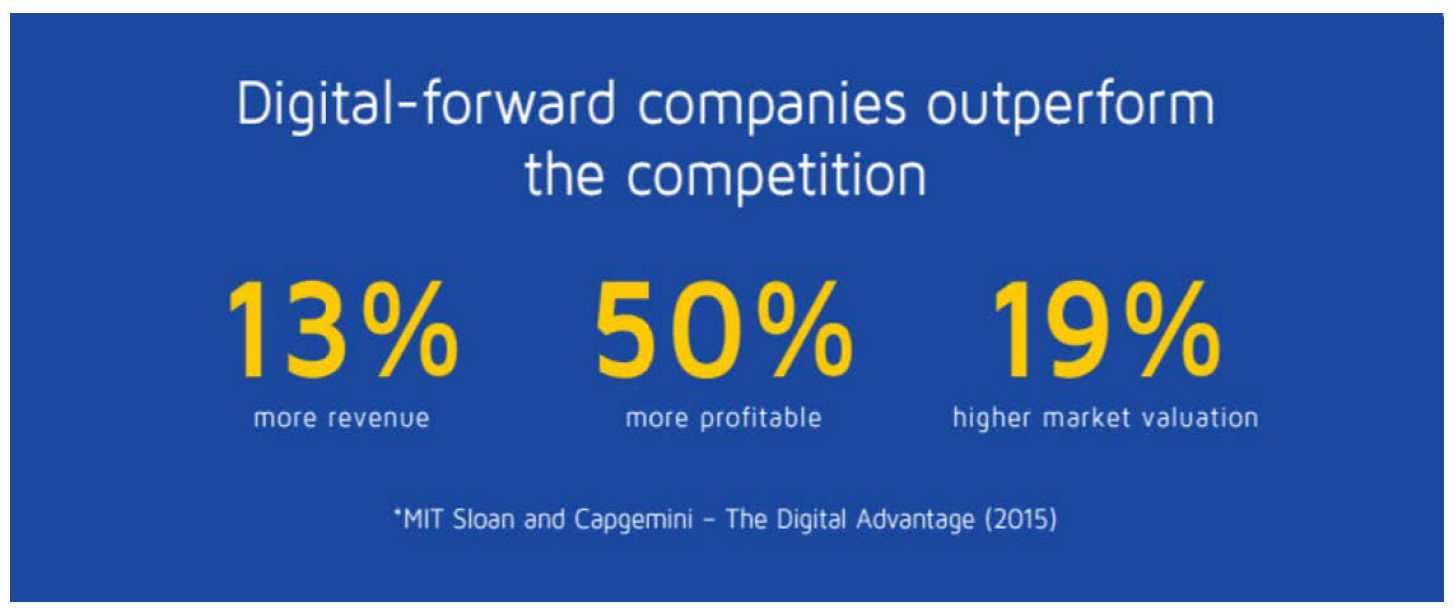What Is The Difference Between Soft Dollar And Csa
April 29, 2015 / Nick Fera Broker dealers know that commission sharing agreements (CSAs) and soft dollar programs are a powerful resource for attracting business and driving top-line revenue for their firm. The recurring model also creates opportunities to foster customer loyalty by providing a valuable service to buy-side clients. However, that loyalty can only grow when a brokerage firm is viewed as an able partner. In today’s increasingly digital market, expectations for speed, security, and data transparency are high; Excel spreadsheets and outdated systems won’t cut it. Firms that can’t meet the rising standard of IT professionalism risk being perceived as just another vendor, limiting their capacity to nurture the kind of relationship that makes these programs worthwhile.
What Is The Difference Between Soft And Hard Water
Inspection Report on the Soft Dollar Practices of. Of the basis for allocations of mixed-use products and services between their hard and soft dollar. CSA Soft Dollar Program A commission sharing agreement (CSA) or soft dollar program can be a powerful resource for attracting liquidity and driving top-line revenue for your firm. But without the proper soft dollar management solutions, it can be difficult to effectively manage the various interactions associated with three-party, soft dollar agreements. How Research Payment Accounts Differ from Commission Sharing. Differences between RPA and CSA. What’s the Exchange Rate between a Soft and a Hard Dollar?


Back-office automation tools deliver on these expectations by addressing the risks and stumbling blocks that can arise from poorly managed CSA and soft dollar programs: Commissions & Accounting By automating commission calculations, brokerage firms can minimize errors and standardize their CSA and soft dollar programs. Sophisticated CSA technology also ensures that clients are commission-credited accurately for each trade. Visibility into commission calculations, balances and the underlying trades provides useful insight and oversight into the whole process.

And while traditional CSA outsourcing can be grossly expensive, advances in back-office software enable these features while enhancing a smaller broker dealer’s bottom line. Visibility & Flexibility One of the major benefits of an intuitive, easily configurable software solution is the insight it gives to brokerages and their customers. Everything from balances to audit trails (trades and payments) are accessible in a few clicks, eliminating the need to exhaust resources pulling together reports and manually tracking transactions across millions of trades or payments made to vendors. This increased visibility doesn’t stop with broker dealers—vendors can be kept informed through email alerts or portals. And with a range of options to support different types of commission agreements and custom loyalty programs, this technological investment can evolve with a firm. Offering information in an accessible format is another mark of professionalism that can set firms apart. Compliance While these programs are usually not as rife with the trading violations that pop up in other areas of capital markets, the complicated and nuanced rules that govern CSA and Soft Dollar payments can open the door to compliance missteps if broker dealers don’t stay on top of the latest regulations.
The use of commission sharing agreements in the EU is for not properly separating executions from research. Should they be prohibited overseas, broker dealers in the U.S. Could see a spike in demand for CSA programs from European portfolio managers. As the market increases in complexity, it’s ever more important that firms are prepared to manage this influx of activity at the back-office level.
A Commission Sharing Agreement ('CSA') or in the US named Client Commission Agreement ('CCA') is a type of arrangement that allows to separately pay the executing for trade execution and ask that broker to allocate a portion of the commission directly to an independent research provider. CSAs consist of a percentage of execution fees, that are directed to pay for research reports from sell-side banks. The form of a CSA can be as short as one page.
What Is The Difference Between Soft Golf Balls
One of the disadvantages of CSAs is the counterparty risk, that the broker becomes as the cash is held on the broker's balance sheet and not in a segregated client account. Moves included in such as the creation of Research Payment Accounts (RPAs) aim to address this issue. References.